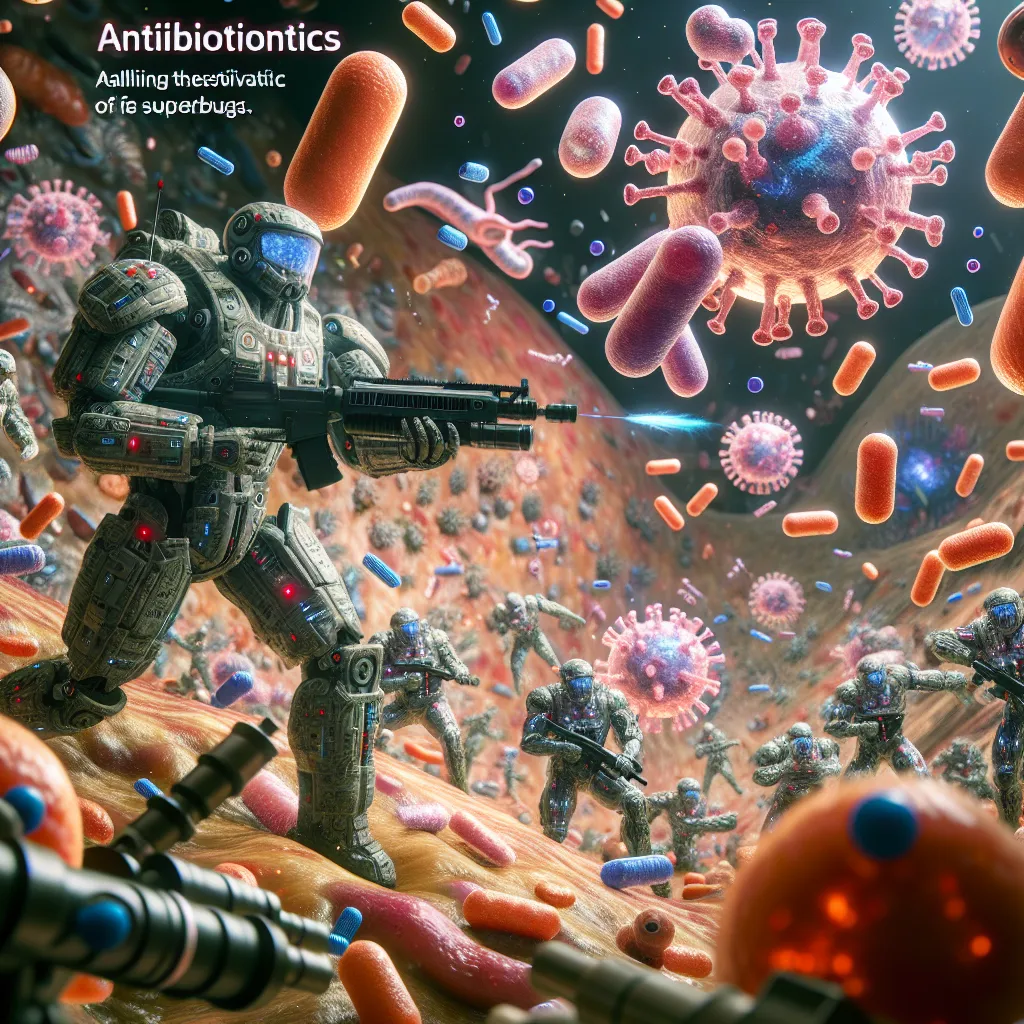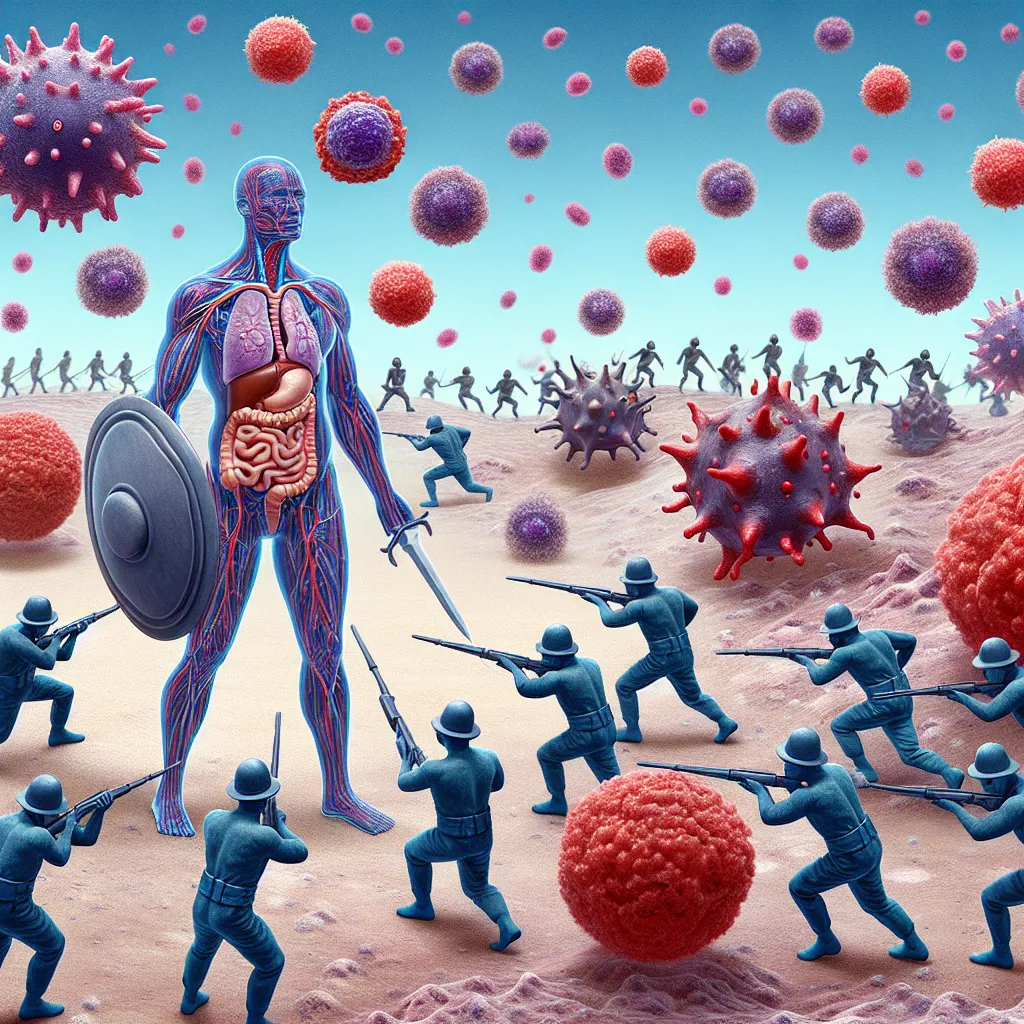Imagine if I told you we’re working together to create the ultimate superbug, one that could wipe out millions. It’s hard to believe, but that’s where we are. We’re engineering a superbacterium.
Bacteria are ancient survivors, present everywhere and mostly harmless. Our bodies are home to trillions of them, aiding in our survival. Yet, some bacteria are deadly, and bacterial infections used to kill millions until antibiotics came along. Antibiotics, along with vaccines, changed the game, saving countless lives. They work by attacking the bacteria’s complex systems, stopping their growth, preventing DNA replication, or even tearing them apart. All this happens without harming our body cells.
But here’s the twist—bacteria evolve. Some might randomly develop defenses against antibiotics, like neutralizing them or ejecting them before they can act. While isolated immune bacteria aren’t alarming, they can spread their immunity.
Bacteria have chromosomes and plasmids, and they can share these plasmids to exchange survival skills quickly. They can even absorb DNA from dead bacteria, spreading immunity across species. This process can lead to superbugs, bacteria resistant to multiple antibiotics. Such superbugs thrive especially in hospitals.
The pre-antibiotic era’s horror has faded from our memory. Now, antibiotics are overused, especially where healthcare is accessible. In developing countries, many still lack access to these vital drugs. In contrast, antibiotics are sometimes misused for minor ailments in wealthier regions. Antibiotics should be a last resort, not a fix for a common cold.
Another issue is the use of antibiotics in livestock. With billions of animals raised in cramped conditions, antibiotics are used to prevent disease and make meat cheaper, fostering antibiotic-resistant bacteria. Consequently, we resort to last-resort antibiotics like Colistin. However, resistance to Colistin was recently found in China, where it was heavily used in pig farms. The resistant bacteria spread to humans unnoticed, raising a dire threat by compromising our last line of defense.
Despite this, we shouldn’t panic. While bacteria evolve, human research and technology advance. New antibiotics are still being developed. The battle against superbugs is serious, but it’s ongoing. If we approach this wisely, superbugs may not be so super after all.
The fight continues, and every bit of support helps. This article was brought to you by the unwavering efforts of those dedicated to spreading awareness and knowledge.






